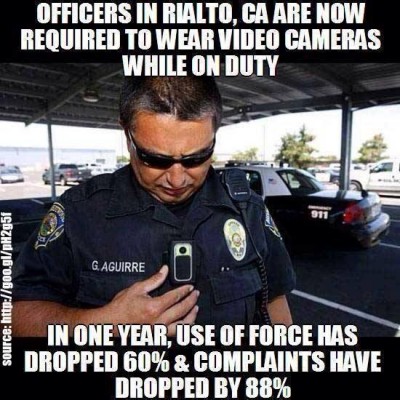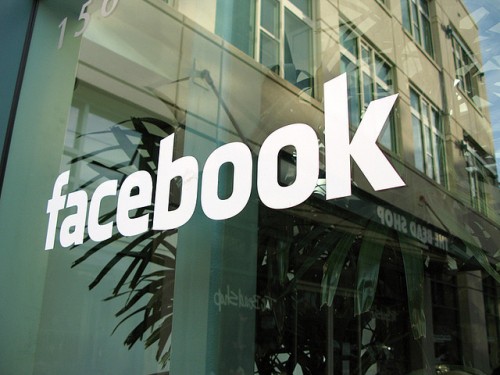As technology expands its footprint across nearly every domain of contemporary life, some spheres raise particularly acute issues that illuminate larger trends at hand. The criminal justice system is one such area, with automated systems being adopted widely and rapidly—and with activists and advocates beginning to push back with alternate politics that seek to ameliorate existing inequalities rather than instantiate and exacerbate them. The criminal justice system (and its well-known subsidiary, the prison-industrial complex) is a space often cited for its dehumanizing tendencies and outcomes; technologizing this realm may feed into these patterns, despite proponents pitching this as an “alternative to incarceration” that will promote more humane treatment through rehabilitation and employment opportunities.
As such, calls to modernize and reform criminal justice often manifest as a rapid move toward automated processes throughout many penal systems. Numerous jurisdictions are adopting digital tools at all levels, from policing to parole, in order to promote efficiency and (it is claimed) fairness. However, critics argue that mechanized systems—driven by Big Data, artificial intelligence, and human-coded algorithms—are ushering in an era of expansive policing, digital profiling, and punitive methods that can intensify structural inequalities. In this view, the embedded biases in algorithms can serve to deepen inequities, via automated systems built on platforms that are opaque and unregulated; likewise, emerging policing and surveillance technologies are often deployed disproportionately toward vulnerable segments of the population. In an era of digital saturation and rapidly shifting societal norms, these contrasting views of efficiency and inequality are playing out in quintessential ways throughout the realm of criminal justice. more...








